Minerals like vitamins are vital to health. Many minerals enable enzymes to function. Others are key components of body compounds such as hormones and hemoglobin found in red blood cells. Electrolyte minerals carry an electric charge, when dissolved in water, and help maintain fluid balance throughout the body. They are present in tissue, blood, urine and other body fluids.
Many bodily functions rely on a small electric current which these electrolyte minerals provide. They are very important for nerve and muscle function, blood pressure regulation, dehydration and balancing the body’s acidic and basic (pH) levels. The body is unable to make enough minerals on its own, so we take them from foods and fluids. Many people such as high-performing athletes and those who are ill and dehydrated may need a boost, compared to those who are healthy and maintain an electrolyte balance through diet and fluids. Following are the 6 essential electrolyte minerals required for vital health.
-
 Nutra-V LoChol Forte Rx (Total Cholesterol Control) 100% natural ingredients + Vitamins + Minerals. Non-GMO. 120 Veggie Capsules. Made in CanadaProduct on sale₹2,925.00
Nutra-V LoChol Forte Rx (Total Cholesterol Control) 100% natural ingredients + Vitamins + Minerals. Non-GMO. 120 Veggie Capsules. Made in CanadaProduct on sale₹2,925.00 -
 Nutra-V Livgard Forte Rx (Total Liver Health) 100% Natural Ingredients + Vitamins + Minerals. Non-GMO. 120 Veggie Capsules. Made in CanadaProduct on sale₹2,655.00
Nutra-V Livgard Forte Rx (Total Liver Health) 100% Natural Ingredients + Vitamins + Minerals. Non-GMO. 120 Veggie Capsules. Made in CanadaProduct on sale₹2,655.00
Here are the 6 essential electrolyte minerals for vital health
- Calcium
Calcium is necessary for building strong bones and teeth. It also helps muscles contract and relax, and it supports nerve function and heartbeat regulation. Calcium plays an important role in blood clotting and maintaining blood pressure. It may help prevent osteoporosis in older people and postmenopausal women. To properly absorb and use calcium, the body also needs sufficient amounts of other essential nutrients, specifically vitamins D and K which are present in most of the foods we eat.
Good food sources of calcium are milk and dairy products, soybeans, black beans, kidney beans, lentils, tofu, broccoli, kale, okra, figs, oranges, almonds, nuts and fish.
- Magnesium
Magnesium is found in abundance in the body. This is important for bone growth, protein building, muscle contraction and the transmission of nerve impulses. Magnesium may prevent migraine headaches, reduce high blood pressure, regulate blood sugar levels, mood and ease symptoms of premenstrual syndrome. It may also boost athletic performance. It is involved in hundreds of chemical reactions in our body including energy creation, protein formation and gene maintenance.
The rich food sources of magnesium are wheat bran, wheat germ, almonds, peanuts, sunflower seeds, black beans, kidney beans, soybeans, chickpeas, lentils, green peas, spinach and figs.
- Phosphorus
Phosphorus is the second most abundant mineral in the body. The body uses it in metabolic reactions, growth, maintenance and repair of all tissues and cells. Phosphorus helps the body to make ATP, a molecule the body uses to store energy. It helps in the metabolism of carbohydrates and fat and is needed by the body to make proteins for growth. It is also a part of the genetic materials (DNA & RNA) of a cell. Phosphorus is mainly necessary to maintain strong bones and teeth. Phosphorus is also needed to help balance and use other vitamins and minerals including vitamin D, iodine, magnesium and zinc.
The best food sources of phosphorus are dairy products, meat, poultry, fish, seafood, egg yolk, legumes, beans, and wheat bran. ‘
Also Read: Top 5 Vitamins and Minerals Essential for Liver Protection
- Sodium
Sodium maintains normal fluid balance in the body outside of cells and assists nerve impulse transmission. It also helps muscles to contract and relax. Most of the body’s sodium is located in the blood and in the fluid around cells. The body obtains sodium through food and fluids and loses it mainly in sweat and urine. Healthy kidneys maintain a consistent level of sodium in the body by adjusting the amount excreted in the urine.
Good sources of sodium-containing foods are: salts, soy sauce, processed, canned and frozen foods, snack foods, dairy products, sea foods, apples, guavas, avocado, papaya, mango, pineapple, banana, melons, pears, spinach, celery, carrots and beets.
- Potassium
Potassium maintains normal fluid balance inside our cells and nerve function, promotes normal muscle function and supports cell structure and integrity. It also may help prevent and treat high blood pressure. It also helps move nutrients into cells and waste products out of cells. A diet rich in potassium helps to reduce some of the harmful effects of sodium on blood pressure. Kidneys help to keep the right amount of potassium in our bodies.
Sources of potassium in the diet include spinach, broccoli, beans, lentils, carrots, potatoes, tomatoes, leafy green vegetables, avocado, bananas, grapes, blackberries, oranges, grapefruits, peaches, nuts, dairy products, meat, chicken and fish.
- Chloride
Chloride maintains normal fluid balance. Similar to sodium and potassium, chloride creates specific channels in the cell membranes to control the amount of water, type of compounds, and nutrients that go in and out of cells. Thus regulating blood pressure as well as pH. This electrolyte mineral helps in digestion by supporting the production and release of hydrochloric acid (HCl) in the stomach. Chloride is also important to help the muscles and heart contract and to transmit nerve impulses between the brain and the body. This mineral is also needed to help red blood cells exchange oxygen (O2) and carbon dioxide (CO2) in both the lungs and other parts of the body.
Sources of chloride include salt (a component of NaCl salt), soy sauce, processed and canned foods, snack foods, nuts, meat, seafood, eggs, fish, milk, cheese, rye, tomatoes, lettuce, celery and olives.
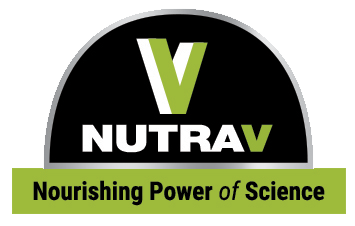

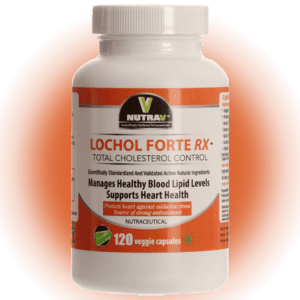
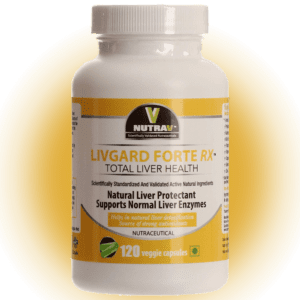
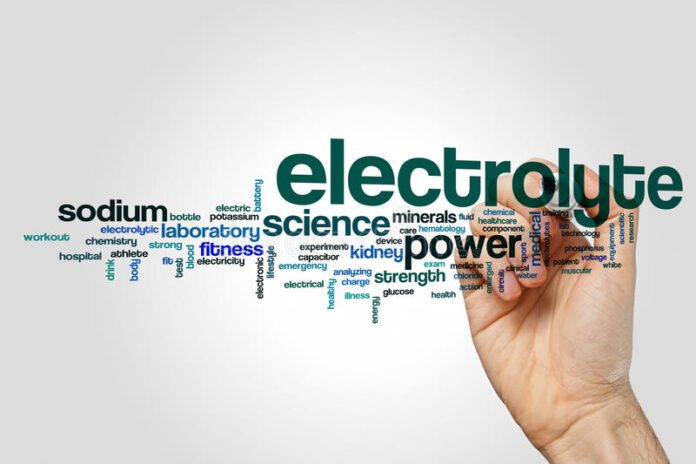
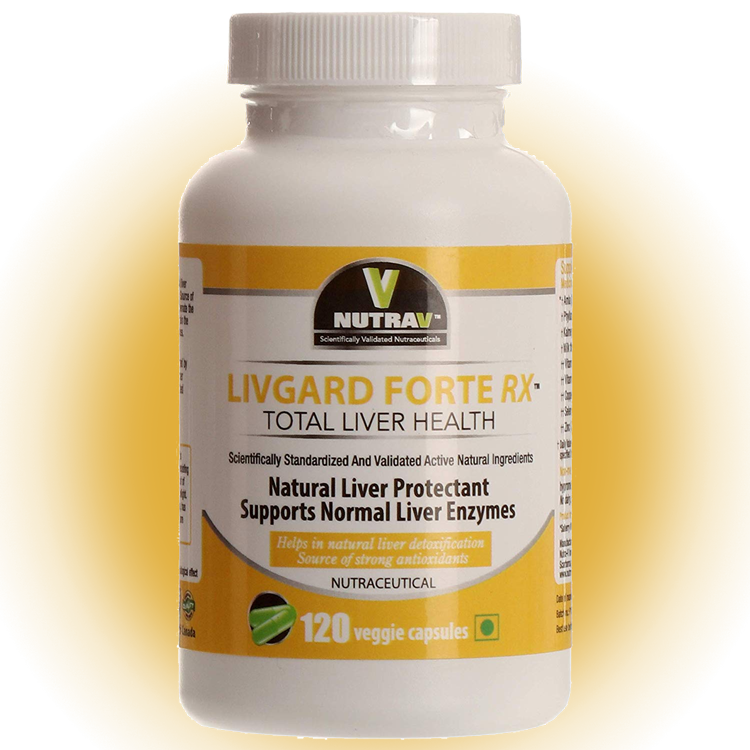
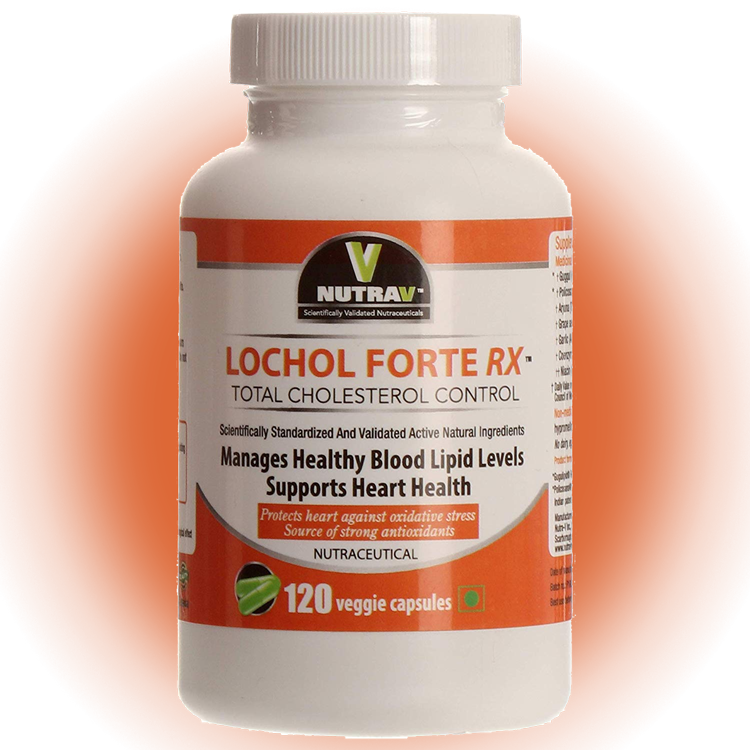
 All rights reserved.
All rights reserved.